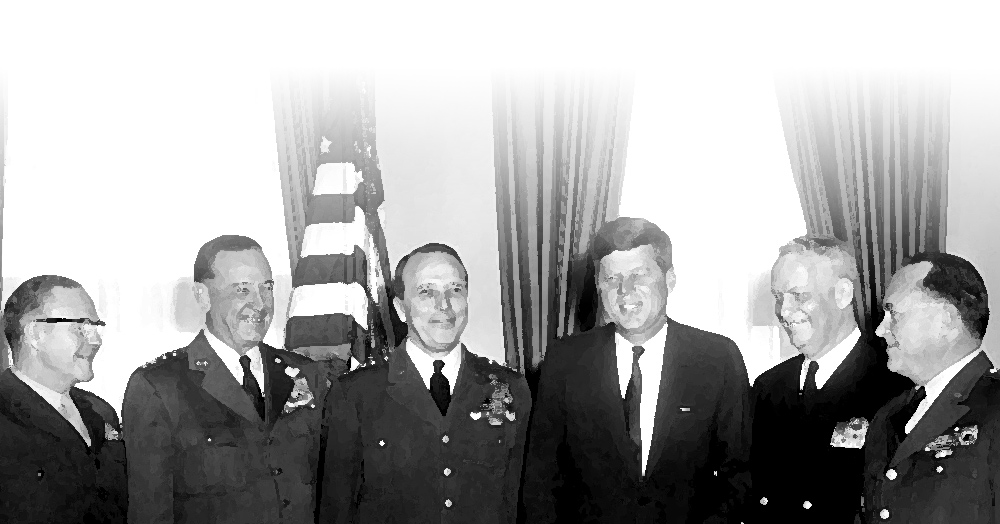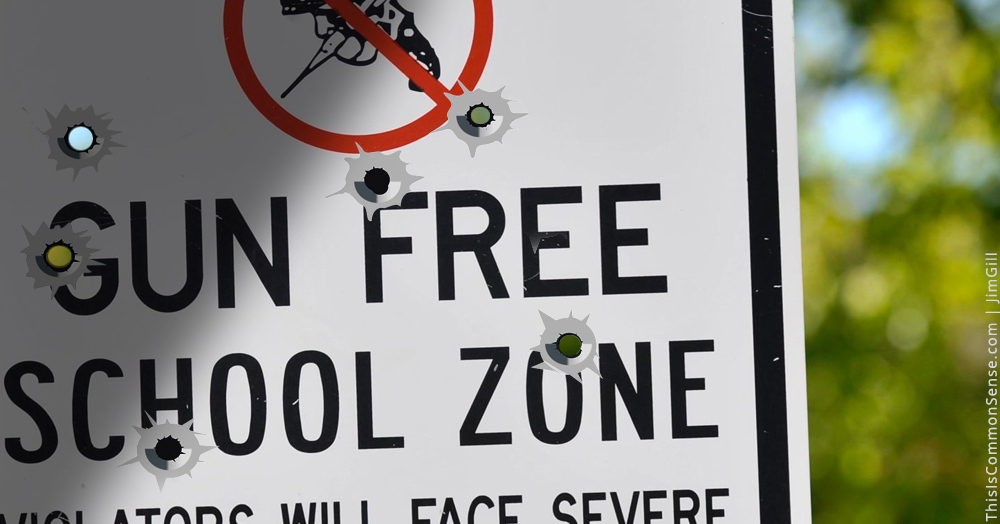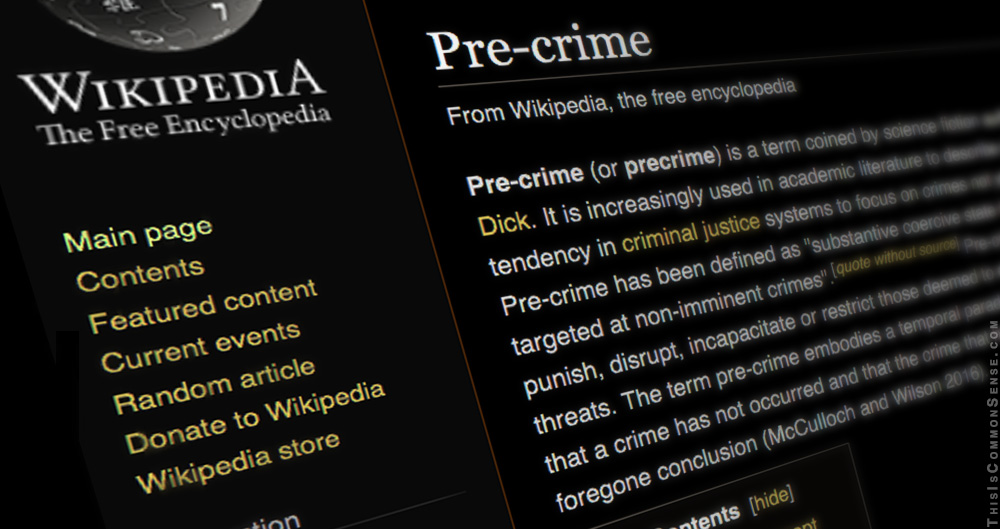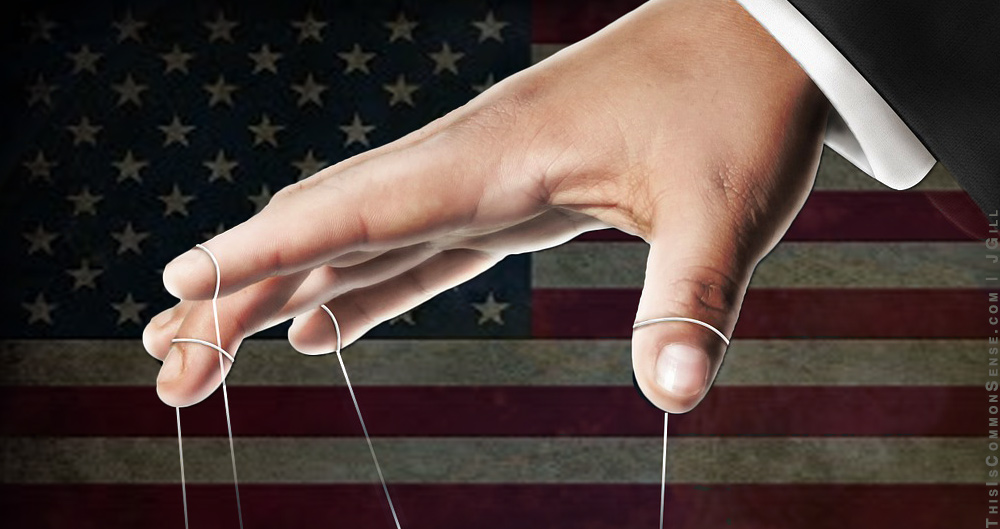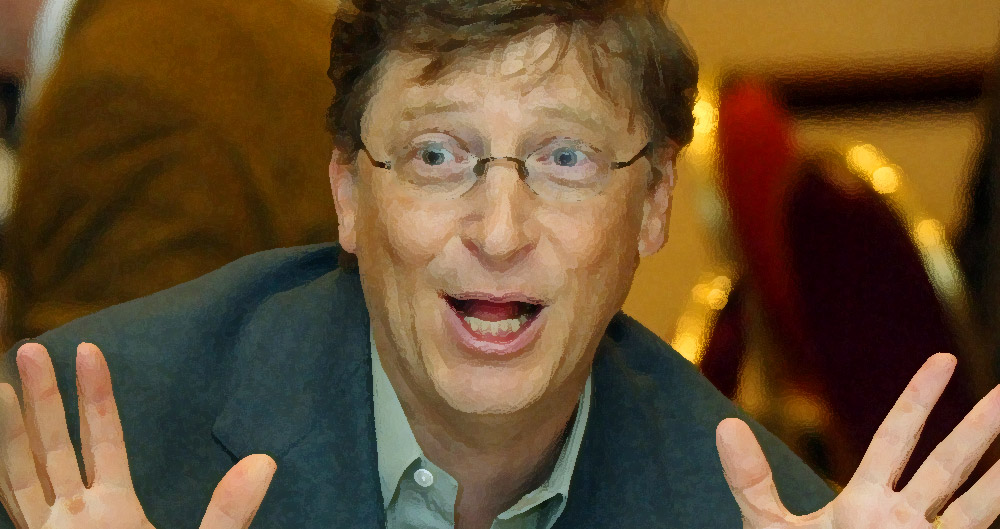While the Supreme Court heard oral argument, Monday, in Janus v. American Federation of State, County and Municipal Employees (AFSCME), the court of public opinion focused not so much on the constitutionality of the law in question, i.e. justice, but instead on the partisan impact of the decision, i.e. politics.
A Washington Post editorial advances the notion that the court was presented “with two questions. The first is the legal issue . . .” and the second “implicit” question is “how the court should conduct judicial review in a deeply polarized society.”
Plaintiff Mark Janus and his legal team are seeking an “extraordinary remedy in the context of the Supreme Court’s tumultuous recent history,” claims the Post.
But that history is not Mr. Janus’s.
Or the union’s.
Or even U.S. labor relations’.
The editors are talking about Washington’s bitter 2016 political fight.
What does political polarization have to do with the facts or law of this case? Nothing. Except . . . what’s in peril is a system whereby government workers who do not wish to join a union are nonetheless forced to pay union dues.
So, if the Court nixes current law, AFSCME might wind up with fewer dues paying members . . . meaning less money for AFSCME’s political pet, the Democratic Party.
And Democrats — now stuck with a conservative replacement for the late Justice Scalia — are left only with Obama’s pronouncement: “Elections have consequences.”
And, embarrassingly, the Post’s bizarre case for “steering the court modestly down the middle of the road.”
A lady, blindfolded, holding scales and a sword symbolizes justice. That blindfold is not to avoid reading the law; it represents the imperative to ignore politics.
This is Common Sense. I’m Paul Jacob.


